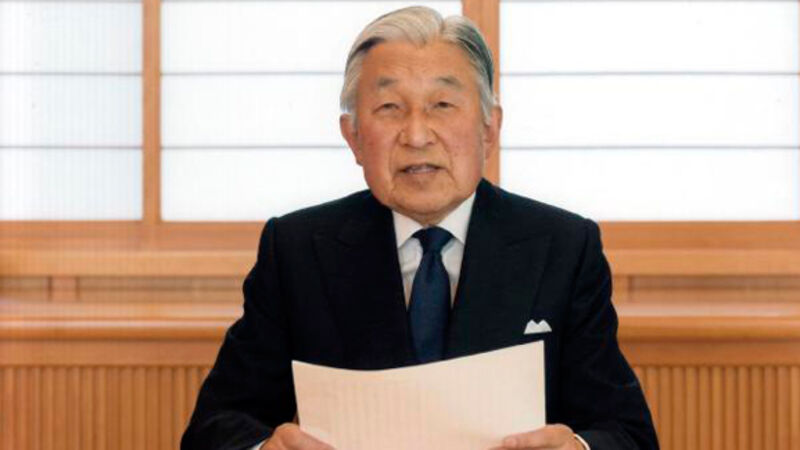Empress life may prove too much for Japanese royal

The 82-year-old Akihito, who, with Empress Michiko, won hearts at home by championing the disadvantaged and worked to heal the wounds of World War Two abroad, hinted in a televised address on Monday that he could give up the Chrysanthemum Throne due to advancing age.
While Naruhito, 56, is seen as ready for the succession and has taken on more official duties, Masako, 52, who turned down his first two proposals during a long courtship beginning nearly 30 years ago, has struggled as Crown Princess.











